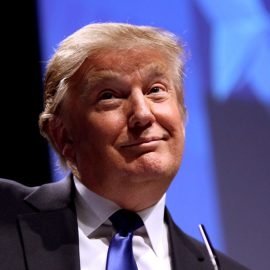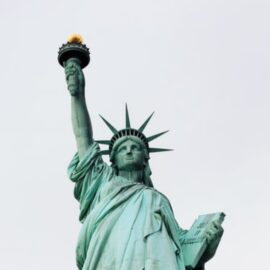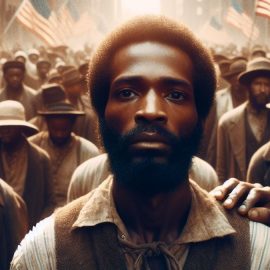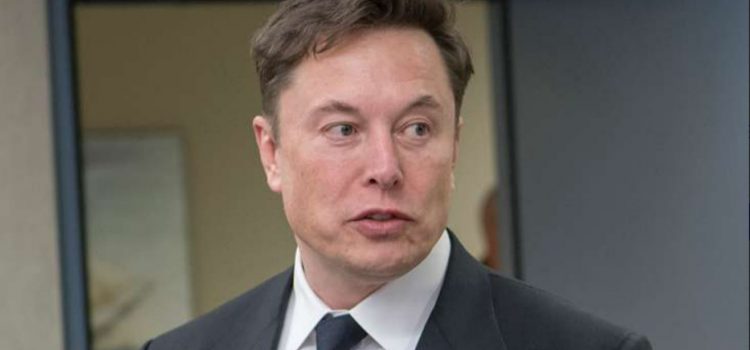
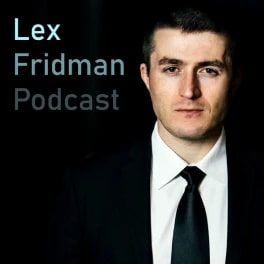
This article is an excerpt from the Shortform guide to "Lex Fridman Podcast". Shortform has the world's best summaries and analyses of books, podcasts, and more.
Like this article? Sign up for a free trial here.
What are Elon Musk’s political beliefs? Why does Musk criticize “woke culture”?
On the Lex Fridman Podcast, Elon Musk discusses his views on modern politics and the current war between Ukraine and Russia. He also clarifies his political identity, citing both conservative and liberal views as inspiration.
Continue reading to learn more about Musk’s views on important political topics in the world.
Elon Musk on War: A Historical and Contemporary Analysis
In his conversation with Lex Fridman, Elon Musk delves into the roots of war, analyzing whether it is human nature or societal structures that begets conflict. Musk discusses the modern-day conflict in Ukraine, predicting that the current frontlines may shape the peace agreement terms due to the aggressor’s disadvantage entailing higher casualties with minimal territorial advancements. He condemns the senselessness of prolonged fighting that leads to substantial human loss.
Elon Musk’s political beliefs are shown through his empathizing with the young individuals involuntarily drawn into the horrors of war on both sides, a choice made from necessity rather than volition. Citing historical empires, he contrasts the aggressive territorial expansion of the Roman Empire with the Austro-Hungarian Empire’s preference for strategic marriages to extend its influence. He references the violent tendencies in species as not exclusive to humans, and comments on the potential for war to create further adversaries through collateral damage.
Skeptical about the cessation of warfare in the future, Musk references the Culture series of books, which depicts advanced societies still engaged in cosmic conflicts.
Economic Strength and Global Relations
Musk lauds China’s advancements and suggested humanitarian efforts akin to the Berlin airlift as a way to prevent conflict. He underscores the historical context, noting that major powers like the United States and China have not typically sought extensive territorial conquest.
He praises the decision of the United States, especially post-World War II, to focus on rebuilding rather than dominating nations, even with a monopoly on nuclear technology. Acts such as the Berlin aid and the constructive Marshall Plan are highlighted as significant efforts that shaped positive international relations in the aftermath of the war.
Musk advocates that generous actions on the global stage mitigated cycles of violence and revenge, contrasting the treatment of Germany after each World War and their subsequent effects on global peace.
The Role of Political Philosophy in Peace and Society
Tackling the notion of universal peace, Musk considers the risks of creating a repressive society and advocates caution in seeking perfection.
He discusses recent political engagements, critiquing “woke culture” while clarifying his combination of support for liberal social policies with conservative economic views, thus embracing a complex political identity.
The Complex Nature of War and Politics
War has been a recurring and devastating aspect of human history, characterized by intense armed conflicts between states, governments, or paramilitary groups. It’s a subject that Elon Musk and Lex Fridman recently discussed in their conversation, delving into various themes and historical contexts. To fully grasp their dialogue, it is essential to have background knowledge on historical conflicts, geopolitical dynamics, and political philosophy.
One of the central debates explored in the conversation is whether war stems from inherent human nature or societal structures. Scholars have differing views on this matter, with some arguing that war is a universal aspect of human behavior while others attribute it to specific socio-cultural or economic circumstances. The senselessness of prolonged fighting and the immense loss of life it entails are also highlighted as key themes. War not only inflicts suffering on combatants but also affects young individuals who are involuntarily drawn into conflict.
The impact of war extends beyond immediate casualties as collateral damage can create further adversaries. Economic strength and global relations play crucial roles in preventing conflict by fostering interdependence among nations. Generous actions and positive international relations are emphasized as important factors in maintaining peace. However, there are risks associated with creating a repressive society in the pursuit of universal peace.

———End of Preview———
Like what you just read? Read the rest of the world's best guides to Lex Fridman Podcast" at Shortform.
Here's what you'll find in our full Lex Fridman Podcast episode summaries:
- Interviews with a myriad of public figures from politics, entertainment, and business
- Discussions on everything from global politics to AI to music
- Perspectives on the world today from voices across the political spectrum

